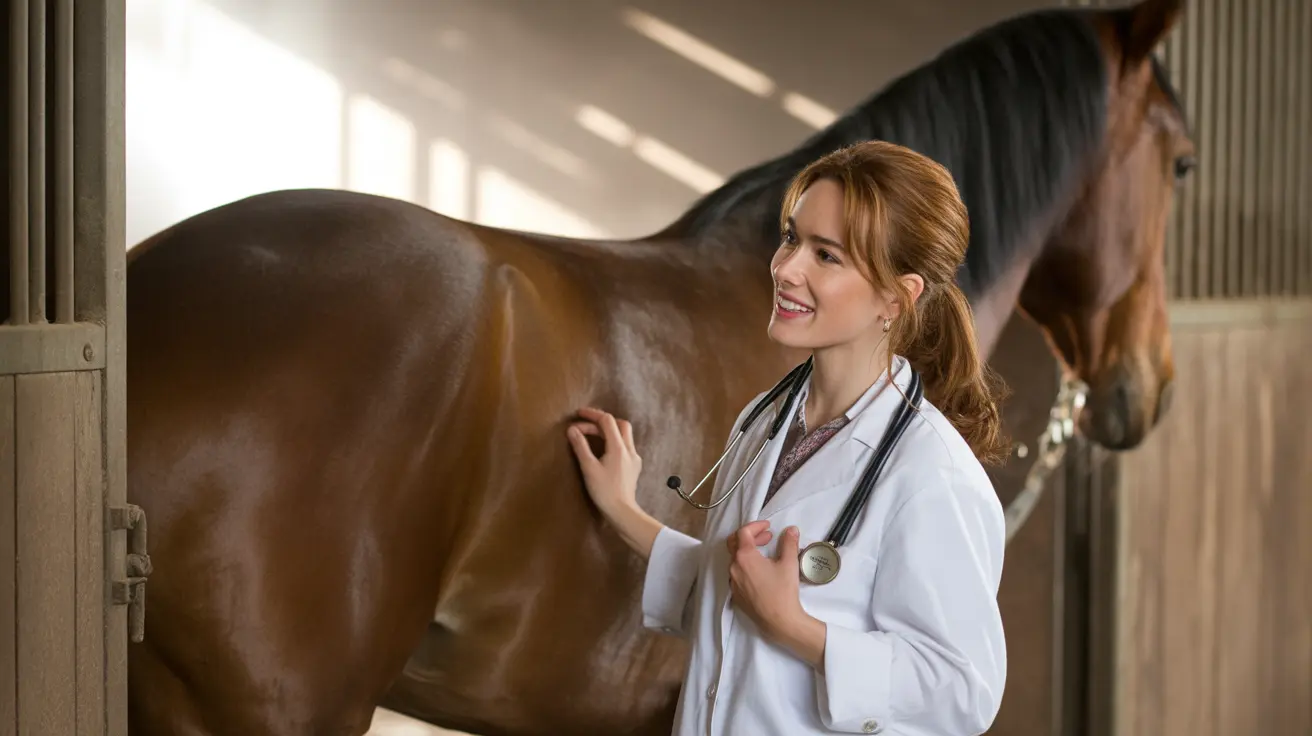What to Give Your Dog for Norovirus: A Guide for Pet Owners
When your dog displays signs of gastrointestinal distress such as vomiting or diarrhea, it can be alarming—especially if you or someone in your household was recently infected with norovirus. Though norovirus infections in dogs are uncommon, there is increasing evidence that dogs can contract human strains of the virus. Here’s what you need to know about recognizing the symptoms, providing care, and preventing the spread of infection.
Understanding Canine Norovirus
While dogs have their own species-specific noroviruses, research shows they can occasionally become infected with human norovirus. This reverse zoonosis often occurs when dogs come into close contact with infected individuals. Several studies have detected human norovirus RNA in the feces of dogs from households with symptomatic people.
Symptoms of Norovirus in Dogs
The symptoms of norovirus infection in dogs are similar to other gastrointestinal illnesses:
- Vomiting
- Diarrhea
- Reduced appetite
- Lethargy
- Dehydration
- Abdominal discomfort
These signs are usually mild and transient but may be more severe in puppies, older dogs, or those with pre-existing conditions.
What You Can Give Your Dog
Treatment is generally supportive, focusing on comfort and hydration. If your dog shows signs of norovirus infection:
- Fluid Therapy: Provide plenty of fresh water. In severe cases, subcutaneous or intravenous fluids may be required under veterinary supervision.
- Bland Diet: Offer a bland diet such as boiled chicken and white rice. Avoid fatty, spicy, or rich foods until your dog recovers.
- Electrolytes: Electrolyte solutions formulated for dogs can help maintain balance, especially if vomiting persists.
- Veterinary-Approved Medications: Anti-nausea or anti-diarrheal medications should only be administered after consulting your veterinarian. These are not recommended unless obstruction is ruled out.
In most cases, dogs recover within a few days to a week. It is essential to monitor their hydration status and overall behavior to ensure proper recovery.
Diagnosing Norovirus in Dogs
Veterinarians typically perform diagnostic tests to rule out more common infections such as canine parvovirus or canine distemper. Norovirus in dogs is usually confirmed through PCR testing of fecal samples, although this is not routinely done due to its rarity.
Precautions and Hygiene
Preventing the spread of norovirus involves heightened attention to hygiene, especially in households with symptomatic individuals. Follow these guidelines:
- Hand Washing: Wash your hands thoroughly after cleaning up after your dog or handling dog waste.
- Surface Disinfection: Promptly clean and disinfect any areas soiled by vomit or feces.
- Avoid Cross-Contamination: Prevent your dog from licking or sniffing contaminated surfaces or from sharing bedding or water bowls with infected humans or pets.
- Isolation: Keep symptomatic pets separated from others until they recover.
Is It Contagious to Humans?
Although dogs can sometimes contract human norovirus, documented cases of dog-to-human transmission are extremely rare. However, norovirus is highly contagious and stable on surfaces, including fur. Thus, minimizing contact and practicing cleanliness remain key during an outbreak.
When to Call the Vet
Seek veterinary help if your dog:
- Shows signs of severe dehydration
- Has persistent vomiting or diarrhea for more than 48 hours
- Is a puppy, senior pet, or has other health issues
- Is lethargic or refuses food for more than a day
Your vet can guide treatment plans and may suggest diagnostic testing to confirm the cause of illness.
Prevention Tips
To reduce the risk of norovirus and other gastrointestinal infections in dogs:
- Keep vaccination up to date to rule out other illnesses
- Maintain clean living conditions for pets
- Limit exposure to sick individuals or animals
- Use pet-safe disinfectants on shared surfaces
Final Thoughts
While norovirus infections in dogs are uncommon and typically mild, knowing how to recognize symptoms and provide supportive care is essential. Always consult your veterinarian before giving any medications and follow basic hygiene practices to protect everyone in your household—pets included—from infection.





